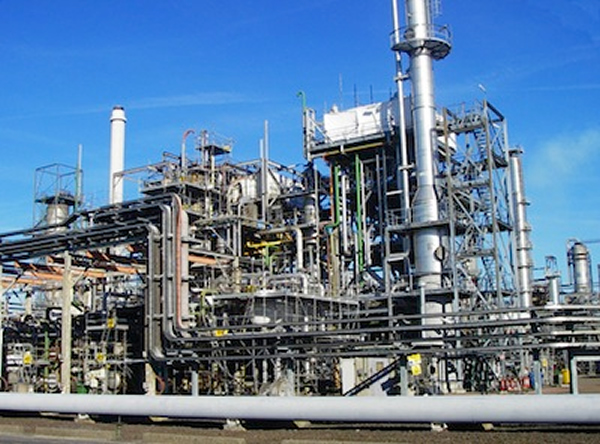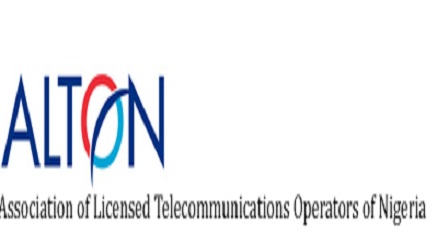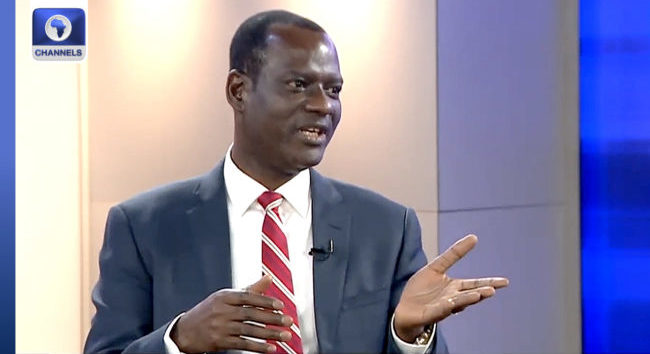Nigeria’s state-owned refineries in Port Harcourt and Warri, after consuming an estimated $2.4 billion in repairs, are once again lying dormant. The development has sparked public outrage and renewed demands for immediate privatization from the Organised Private Sector (OPS) and oil marketers.
Despite official declarations of operational status, both refineries returned to inactivity within months. The 60,000 barrels-per-day Port Harcourt Refining Company (PHRC), announced as operational in November 2024, was shut down again in May 2025 for “scheduled maintenance.” Similarly, the Warri Refining and Petrochemical Company ceased operations in January 2025, just a month after its reactivation.
Why the Push for Privatization?
Industry stakeholders blame years of mismanagement, political interference, and lack of accountability for the refineries’ repeated failures.
“Hand them over to professional managers,” says Clement Isong, Executive Secretary of the Major Oil Marketers Association of Nigeria (MEMAN).
He insists Nigeria must allow the refineries to compete with the privately-owned Dangote Refinery, under private-sector-driven management.
Isong also criticized the Nigerian National Petroleum Company Limited (NNPCL) for operating like a welfare agency, constrained by political oversight and unable to take tough business decisions—such as downsizing bloated staff structures.
“The government has no business in business,” asserts Dele Oye, Chairman of the Organised Private Sector of Nigeria, who advocates for the government to stick to policy and regulation rather than operations.
Dr. Femi Egbesola, President of the Association of Small Business Owners of Nigeria, called the situation a “systemic failure in public sector management,” warning that capital injection without structural reform is futile.
Meanwhile, Dr. Muda Yusuf, Director of the Centre for the Promotion of Private Enterprise (CPPE), recommends a total or partial equity sale modeled after Nigeria LNG, where the private sector holds controlling shares.
Misinformation and Transparency Concerns
Official statements on the refineries’ functionality appear increasingly at odds with on-the-ground reports.
In November 2024, NNPCL spokesperson Olufemi Soneye claimed the Port Harcourt refinery was operating at 70% capacity, producing various petroleum products. However, an April 2025 report from the Nigerian Midstream and Downstream Petroleum Regulatory Authority (NMDPRA) pegged actual output at below 40% capacity—just before the shutdown.
Oil marketers in Eleme, the refinery’s host community, say they’ve seen no signs of maintenance, directly contradicting NNPCL’s claims. In addition, the Depot and Petroleum Products Marketers Association of Nigeria (DAPPMAN) revealed the plants were producing mostly naphtha, not petrol—a critical shortfall for a country grappling with high fuel import bills.
History Repeats: Missed Opportunities, Ignored Warnings
Calls to privatize Nigeria’s refineries are decades old. Former Vice President Atiku Abubakar has long pushed for their sale—an idea rejected by successive administrations. Atiku criticized both the Buhari and Tinubu governments for ignoring reform advice, despite borrowing billions for repairs.
Former President Olusegun Obasanjo recently revealed that even global giants like Shell declined offers to manage the refineries, branding them unprofitable. He recounted a failed deal in his era involving Aliko Dangote and others, who offered $750 million for the refineries—only for the deal to be reversed by his successor.
Obasanjo likened the official performance claims to a farmer exaggerating his harvest, calling the government’s refinery narrative a “false boast.”
What Next?
While the NMDPRA insists privatization is an executive decision, new NNPCL Group CEO Bayo Ojulari recently stated that “none of the options are off the table” for the refineries’ future. He promised thorough inspections to determine a viable way forward.
Yet, public trust is wearing thin.
The recurring cycle of costly repairs followed by swift dormancy has left Nigerians disillusioned. As calls for transparency and accountability grow louder, the fate of these once-critical national assets now depends on whether the federal government is willing to let go—and let private enterprise lead.




